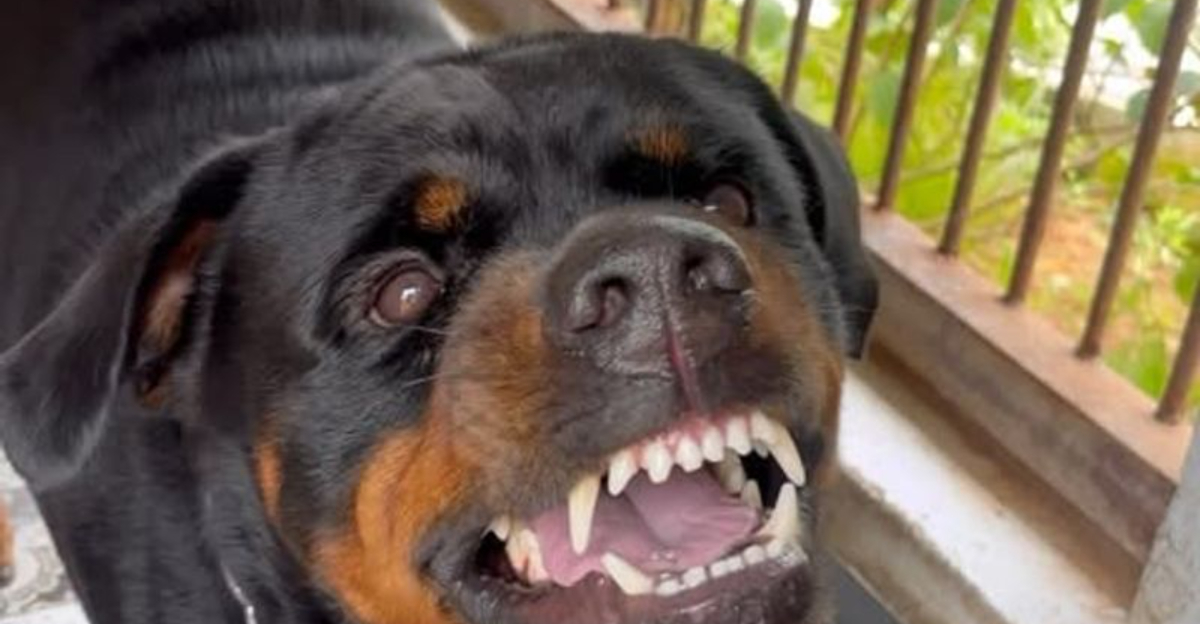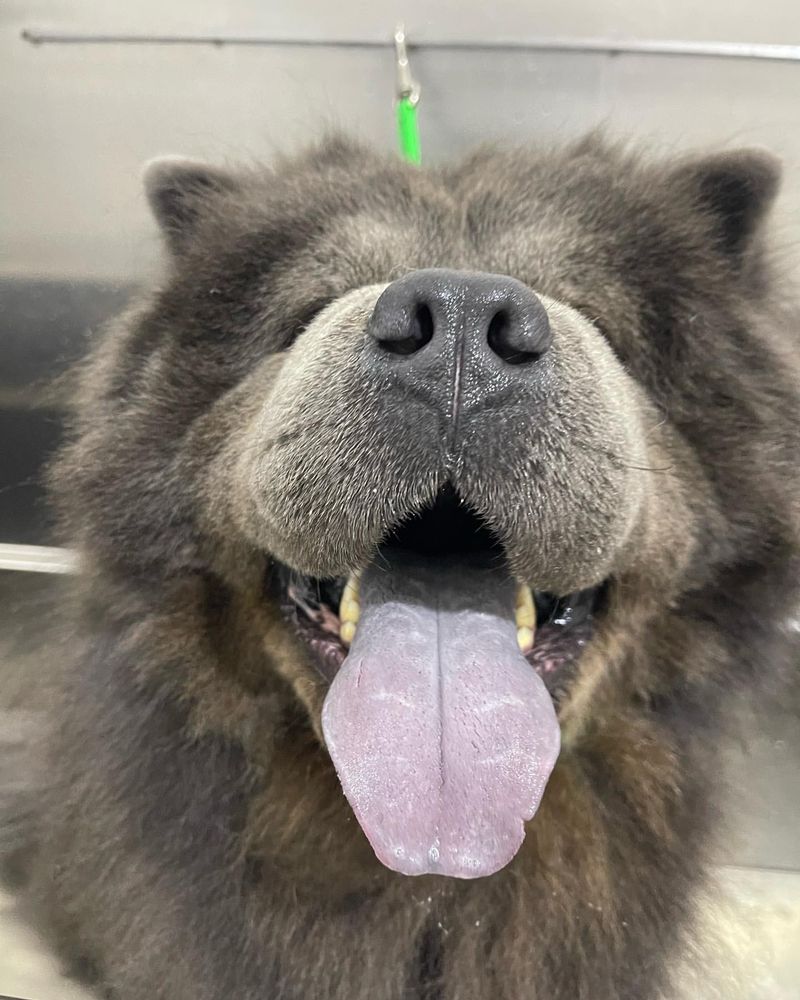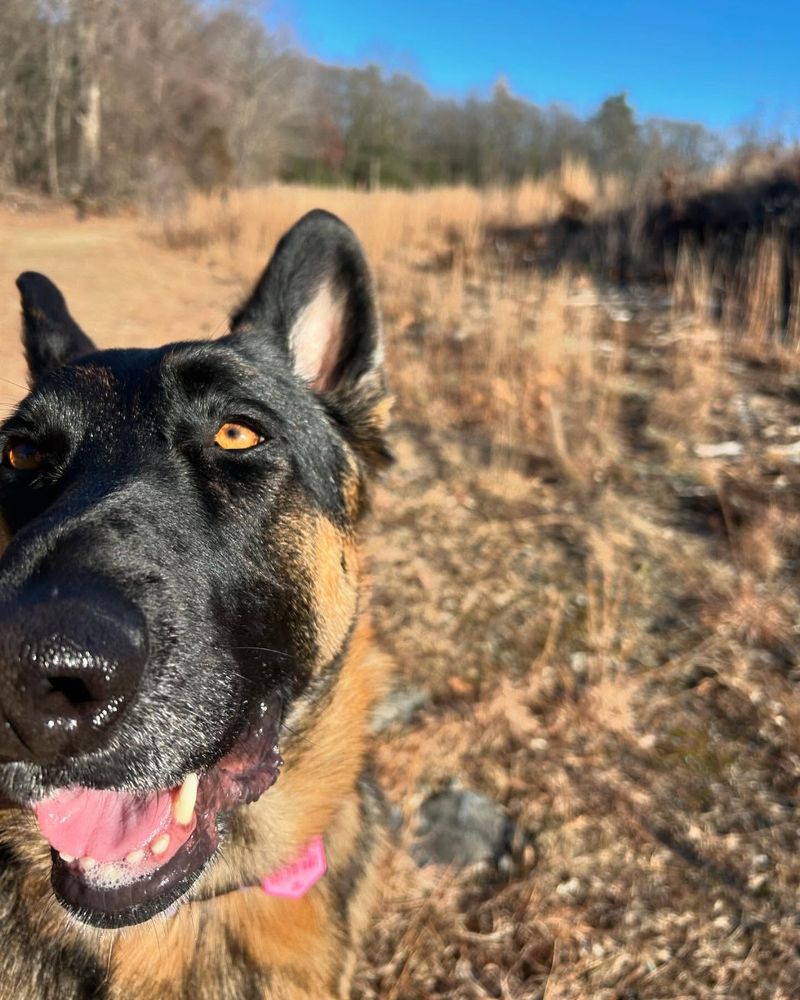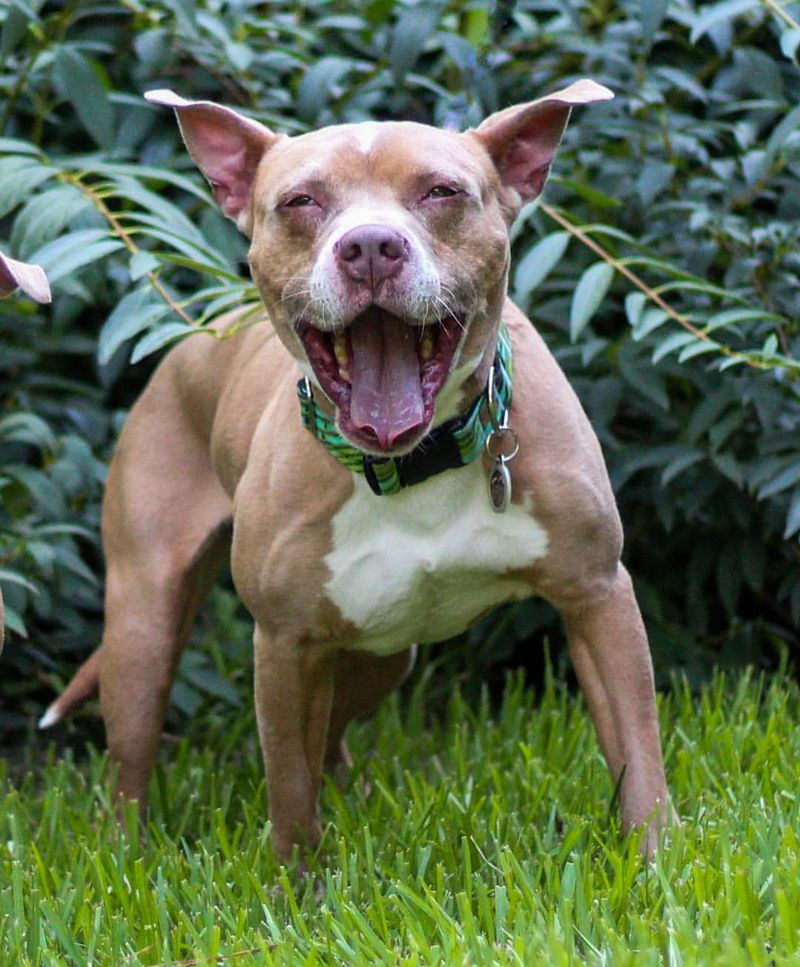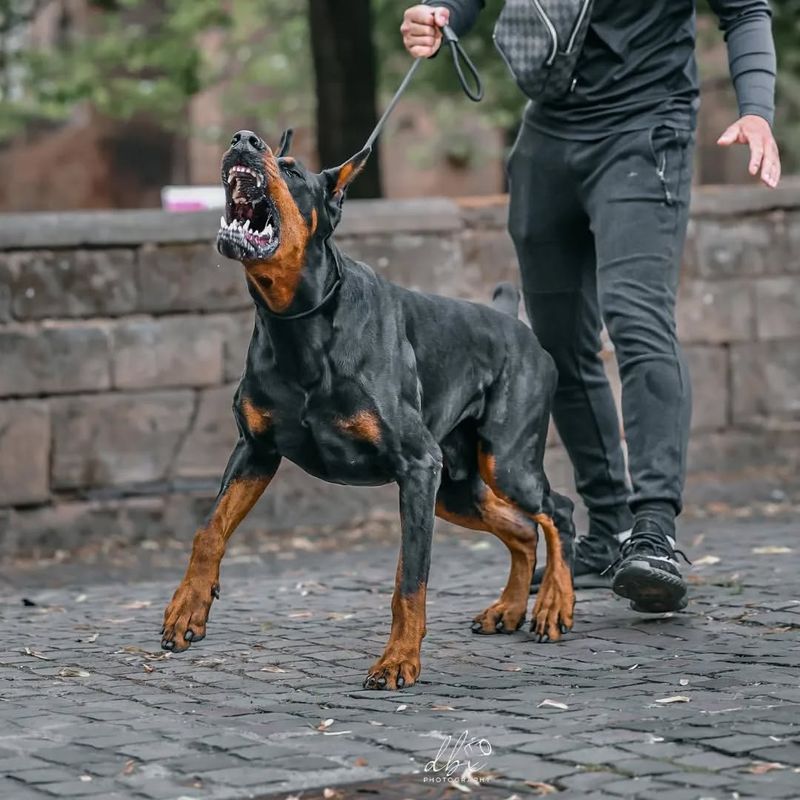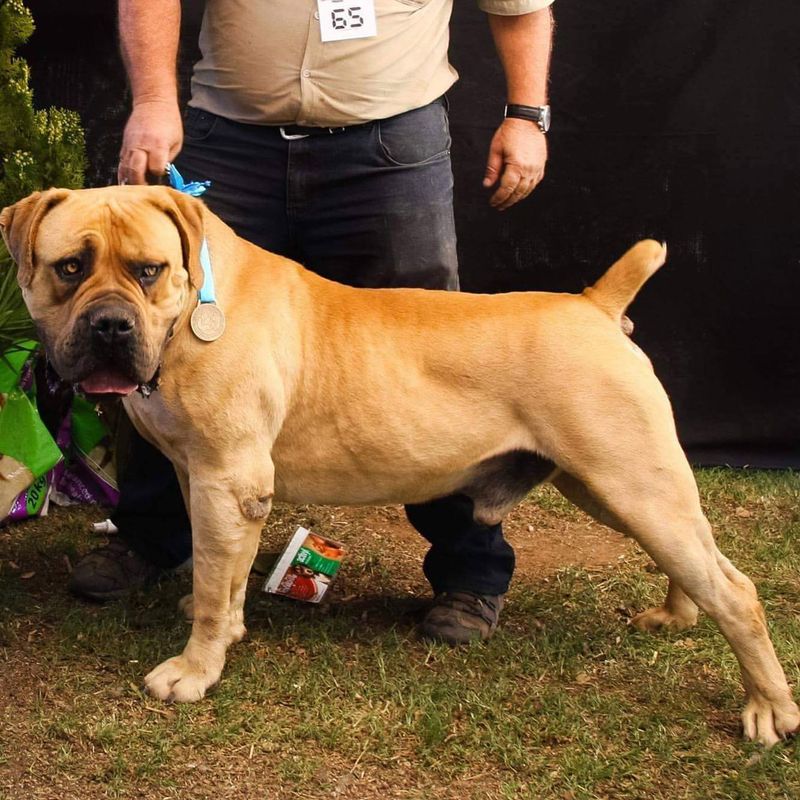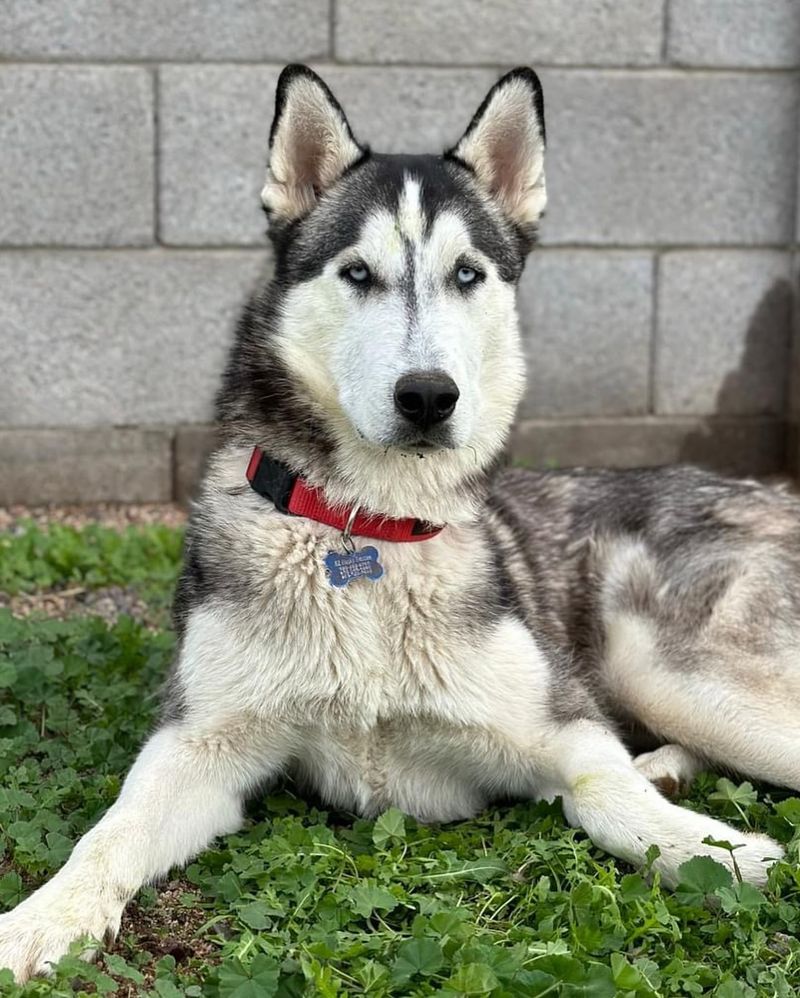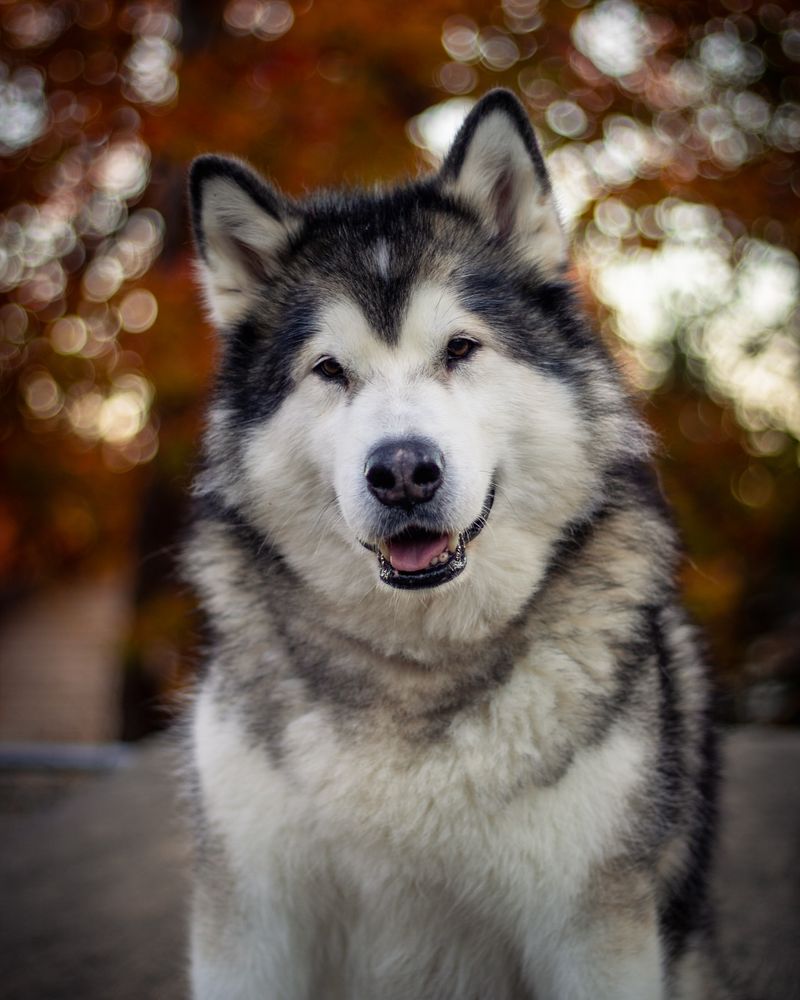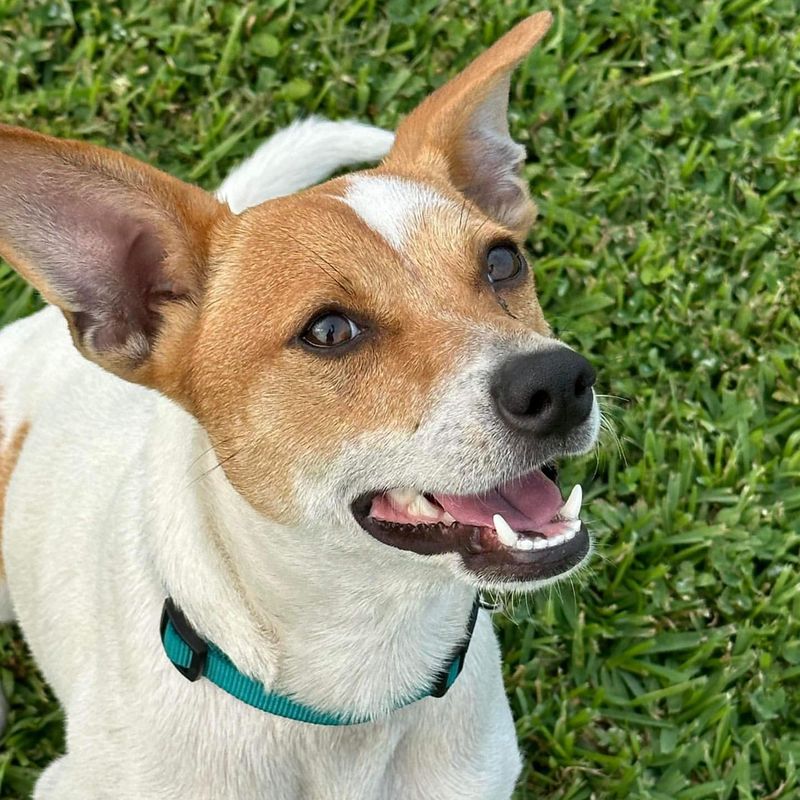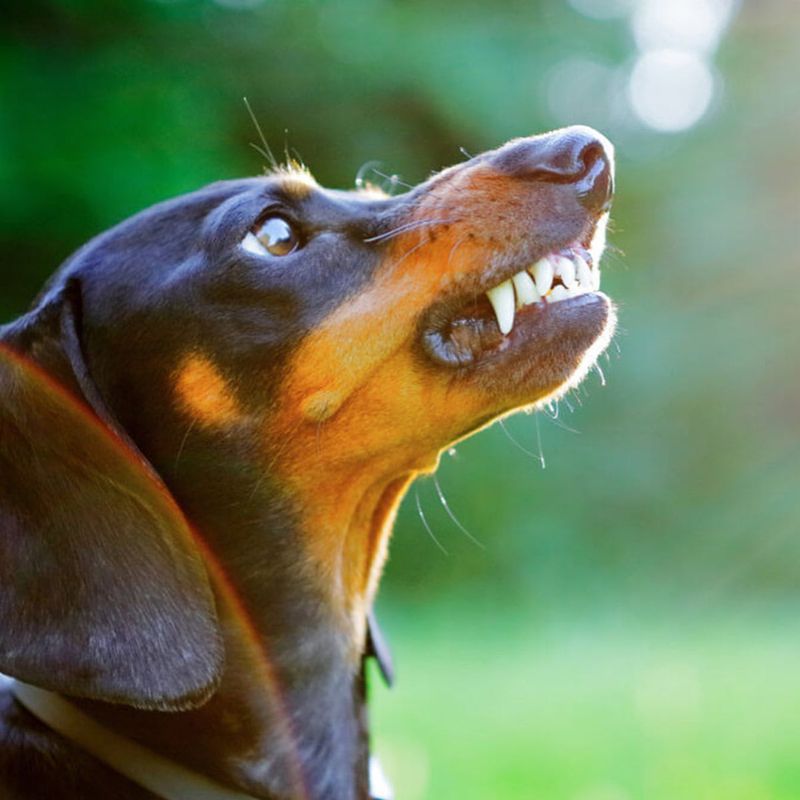When it comes to dog breeds, temperament can vary widely. While all dogs are individuals, certain breeds are statistically more prone to aggression than others. This list isn’t meant to stigmatize these breeds, but to inform potential owners about the care and training they may require. Understanding these breeds can help ensure safe and nurturing environments for both dogs and humans.
Chow Chow
Chow Chows are known for their aloof and independent nature, often resembling a lion with their thick mane. While they can be incredibly loyal to their families, they are also known for their stubbornness. Socialization is key from an early age. Without proper training, they might become overly protective, which can lead to aggressive behavior. Chow Chows can be territorial, making them wary of strangers.
Owners should ensure consistent training to curb any unwanted behavior. Despite their reputation, with the right approach, Chow Chows can be wonderful companions.
Rottweiler
Rottweilers are powerful dogs with a strong protective instinct. They are often used as guard dogs due to their loyalty and courage. However, without proper training, their natural instincts can turn into aggression.
Early socialization helps them distinguish between a threat and a friend. Rottweilers require a confident owner who can establish leadership.
They thrive in environments where they have a job to do. With the right guidance, Rottweilers are loving and devoted companions.
German Shepherd
Renowned for their intelligence and versatility, German Shepherds are often employed in police and military work. However, this breed’s protective nature can sometimes cross into aggression if not properly managed.
Training and socialization are crucial to ensure they become well-rounded pets. They are extremely loyal to their families but can be wary of strangers.
These dogs require mental and physical stimulation to prevent boredom and destructive behavior. With structured guidance, German Shepherds can be gentle family dogs.
American Pit Bull Terrier
The American Pit Bull Terrier is a breed often misunderstood due to media portrayal. Known for their strength and bravery, they can be affectionate family pets when raised correctly.
They require experienced owners who can provide firm, consistent training. Early socialization is crucial to mitigate any aggressive tendencies.
Despite their tough appearance, they are incredibly loyal and loving. With proper care, they can be gentle giants who thrive in family settings.
Doberman Pinscher
Doberman Pinschers are sleek, powerful dogs known for their protective instincts. They are often associated with security roles due to their alertness and intelligence.
Without proper training, Dobermans can develop aggressive tendencies, especially towards strangers. They require a confident owner who can provide consistent discipline and guidance.
Socialization from a young age helps them become balanced companions. Despite their reputation, Dobermans are loyal and affectionate with their families.
Bullmastiff
Bullmastiffs are gentle giants known for their strength and protective nature. Originally bred to guard estates, they have a natural instinct to protect their families.
However, without proper socialization, they might become wary of strangers, which can lead to aggressive behavior. Early training helps them distinguish between friend and foe.
Bullmastiffs require a patient owner who can provide firm but gentle guidance. Despite their size, they are affectionate and make excellent family companions.
Siberian Husky
Known for their striking appearance and high energy levels, Siberian Huskies are independent thinkers. While not inherently aggressive, their strong-willed nature can lead to stubbornness.
Proper training from an early age is essential to ensure they follow commands. Huskies are pack animals and may exhibit dominance without a strong leader.
Socializing them with other pets and people helps curb any unwanted behavior. With the right training, Huskies can be friendly and sociable companions.
Alaskan Malamute
Alaskan Malamutes are large, strong dogs originally bred for pulling sleds. Their independence can sometimes be mistaken for aggression.
These dogs need early socialization and obedience training to ensure they become well-adjusted pets. They are known for being friendly but can exhibit dominant behavior if not properly guided.
Malamutes thrive in environments where they have plenty of space to roam. With discipline and care, they can be loyal and affectionate family members.
Jack Russell Terrier
Jack Russell Terriers are small dogs with big personalities. Their high energy and intelligence can lead to mischief if not channeled correctly.
Despite their size, they can be quite assertive and may exhibit aggressive behavior without proper training. Early socialization helps them adapt to various situations and people.
These terriers require an active owner who can provide mental and physical stimulation. With the right guidance, Jack Russells are lively and loving pets.
Dachshund
Dachshunds, with their distinct long bodies and short legs, are often underestimated. Despite their size, they can be surprisingly bold and may show aggression if not adequately trained.
They have a strong prey drive, which can lead to chasing behavior. Early socialization and training are important to manage their instincts.
Dachshunds thrive in environments where they feel secure and loved. With patience and proper care, they can be affectionate and loyal companions.
